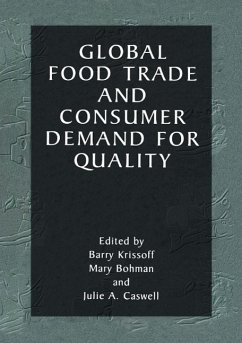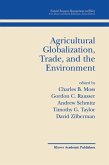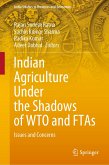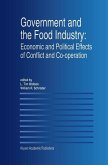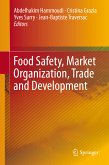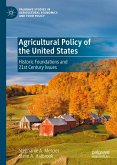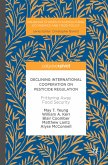Consumers have always been concerned about the quality, and particularly the safety, of the foods they eat. In recent years this concern has taken on additional prominence. Consumer focus on food safety has been sharpened by reports about new risks, such as that posed by "mad cow" disease, and about more familiar sources of risk, such as food borne pathogens, pesticides, and hormones. At the same time, some consumers are in creasingly interested in knowing more about how their food is produced and in selecting products based on production practices. Some of the questions consumers are asking in clude whether food is produced with the use of modern biotechnology, whether it is or ganically produced, how animals are treated in meat and egg production systems, and whether food is produced using traditional methods. Recent trends also show increased consumer demand for a variety of food products that are fresh, tasty, and available on a year-round basis. This has fostered increased global trade in food. For example, consumers in temperate climates such as North America are able to buy raspberries throughout the year, and Europeans can enjoy South American coffee. Trade in processed food products is actually increasing more rapidly than trade in agricultural commodities, further addressing the demand for variety among consumers.
Dieser Download kann aus rechtlichen Gründen nur mit Rechnungsadresse in A, B, BG, CY, CZ, D, DK, EW, E, FIN, F, GR, HR, H, IRL, I, LT, L, LR, M, NL, PL, P, R, S, SLO, SK ausgeliefert werden.

